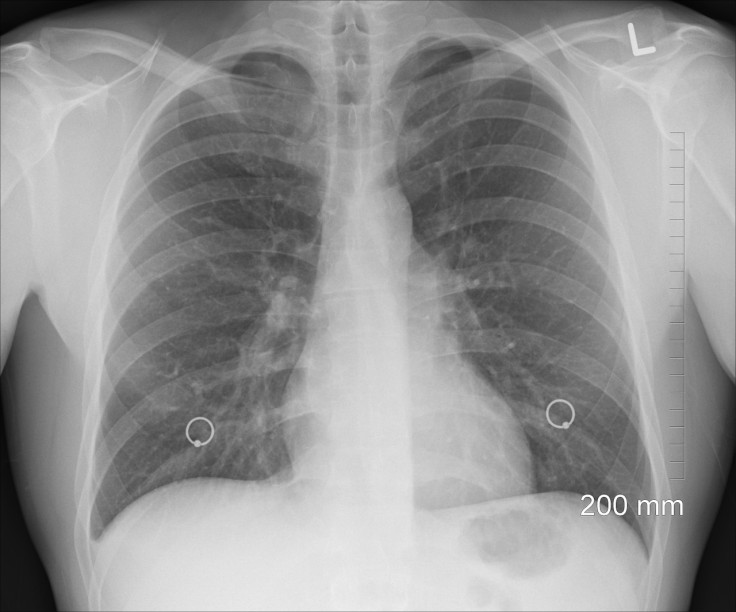Lung cancer cases in women in the UK projected to surpass men
The projected trajectory indicates that by 2025, more women will be diagnosed with lung cancer than men in the UK. Historically, lung cancer has been predominantly associated with male smokers.

Historically, lung cancer has been predominantly associated with male smokers. However, recent data from leading health organisations, including the Office for National Statistics, suggests a changing landscape with potentially dire consequences for women's health.
Analysis by Cancer Research UK for the Guardian revealed that lung cancer cases in women are projected to exceed those in men in the United Kingdom. This alarming trend has prompted concerns among experts, who are now urging increased awareness, prevention and early detection efforts.
The latest figures reveal that lung cancer rates among women have been steadily rising over the past few decades, while the numbers for men have plateaued or even declined in some instances. The projected trajectory indicates that by 2025, more women will be diagnosed with lung cancer than men in the UK.
Experts attribute this worrying trend to several factors. First and foremost is the increased prevalence of smoking among women. Over the years, smoking rates among men have been on a gradual decline, largely due to extensive public health campaigns and awareness programs.
In contrast, the number of women smokers has remained relatively stable, and in some age groups, it has even increased. This discrepancy is now manifesting in the rising lung cancer rates among women.
Furthermore, changing societal norms and marketing tactics targeting women have contributed to the persistence of smoking habits. The tobacco industry has long capitalised on women's empowerment movements, associating smoking with notions of independence and sophistication. Such strategies have made it challenging to combat the habit effectively.
However, it is important to note that smoking is not the only contributing factor. Exposure to secondhand smoke, environmental pollutants and occupational hazards can also increase the risk of lung cancer. Additionally, genetic and hormonal factors may play a role in the differing susceptibility between genders.
Cancer Research UK's prevention policy manager, Alizée Froguel, said: "Cancer Research UK's projections show that the number of new lung cancer cases in females could overtake the number in males this year, and that gap is set to widen by 2040.
"From 2022-24, 49.9 per cent of new lung cancer cases are projected to be in males, with 50.1 per cent in females. By 2038-40, in comparison, 47.4 per cent of cases will be in males, with 52.6 per cent in females.
"This change is mainly due to historical differences in smoking prevalence between the sexes. Rates of smoking peaked much earlier in males than females, so lung cancer incidence in males has started falling earlier than in females."
They further added: "If governments across the UK are serious about preventing cancer and achieving a smoke-free UK, they must urgently deliver the vital funding required to address the leading cause of cancer and save countless lives."
The projected surge in lung cancer cases among women presents a significant public health challenge that requires immediate attention. Health organisations and policymakers are now called upon to redouble their efforts to combat smoking and improve overall lung health.
This includes intensifying anti-smoking campaigns tailored specifically for women, targeting both current smokers and preventing young women from starting the habit.
Moreover, healthcare professionals emphasise the importance of early detection through regular screening programs and improved access to diagnostic tools. Identifying lung cancer at its earliest stages significantly increases the chances of successful treatment and improved survival rates.
Dr Emma Thompson, a leading oncologist, emphasised: "It is crucial for both men and women to be aware of the risks associated with smoking and take proactive measures to protect their lung health. Lung cancer is a preventable disease, and by working together, we can reverse this worrying trend."
By raising awareness, implementing preventative measures and fostering early detection, the medical community and society as a whole can strive towards a future where lung cancer becomes a rarity, saving countless lives in the process.
© Copyright IBTimes 2025. All rights reserved.






















